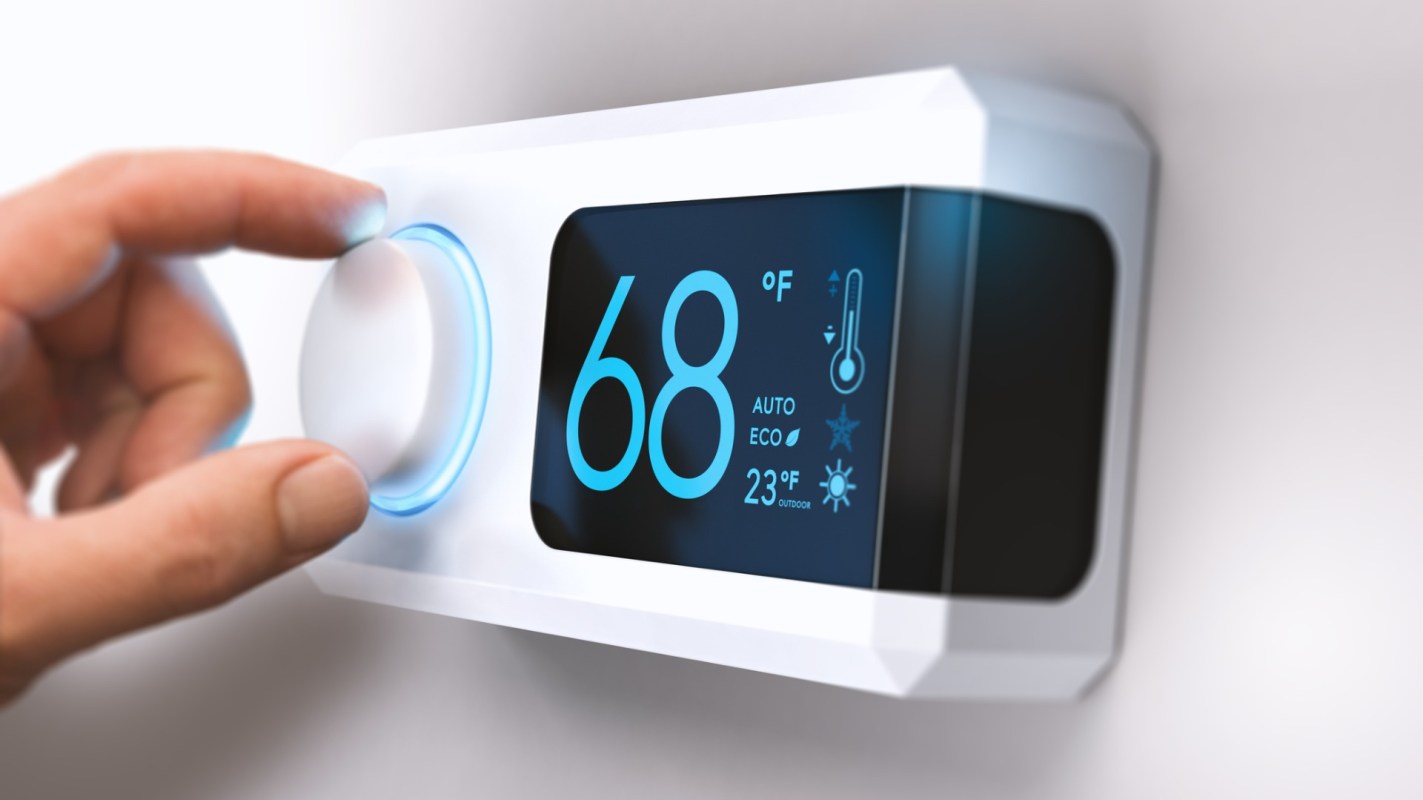Would you buy a car without knowing its miles per gallon? Probably not, right?
In most cities in the United States, people buying homes basically do the equivalent. They purchase the house without knowing how much energy the home uses or how much their monthly utility bills will end up being at various times of the year.
When you go through the process of buying a house, the buyer and seller almost always hire third-party inspectors to check the property for any issues that should be flagged for the buyer. Inspectors across the vast majority of the country do not currently review the home's energy setup, but that may be starting to change.
A number of cities such as Minneapolis, Austin, Berkeley, and Portland have now adopted the use of a standardized Home Energy Score to improve transparency for home buyers and also to incentivize home owners to upgrade to more energy efficient solutions that will save them money and produce less air pollution.
Oregon is working to make training accessible for assessors to learn how to conduct a home energy inspection. Bend, Oregon, is one of the latest cities to formally adopt the Home Energy Score.
What is a home energy score?
A home energy score is a standard report developed by the Department of Energy and conducted by local home energy assessors that estimates the energy use and associated costs of a home.
It also provides recommendations for energy solutions to cost effectively improve the home's efficiency.

Why it matters
Buying a home is often the biggest purchase anyone will ever make. You would never buy a car without knowing the miles per gallon, so why would you buy a home without knowing its operating costs?
A Home Energy Score provides data on annual energy bills and efficiency so a home buyer knows what to expect when they purchase a home.
When a city rolls out this requirement, it applies to the whole market so that there is greater transparency for all buyers and sellers.
Potential impact
Buildings are often the second-largest source of pollution for cities after transportation. In the United States, residential energy use accounts for 20% of our planet-overheating gas pollution.
There are a few key ways to reduce pollution in buildings.
One is by improving a building's efficiency — reducing the amount of total energy used by doing things like adding insulation, air sealing, and using smart monitoring systems like thermostats.
Another is electrification — reducing reliance on expensive dirty energy sources like methane gas by switching to clean, electric appliances powered by cheaper renewable energy. This includes appliances like heat pumps, heat pump water heaters, induction stoves, solar panels, and batteries.
Home Energy Scores provide insight into the areas where homeowners can make upgrades to save themselves money and reduce energy use.
Cities can then provide resources to homeowners — including access to rebates, incentives, financing, and other programs — to afford to be able to make these home upgrades.
Proponents and opponents
As of 2021, more than 600 local governments had adopted climate action plans for their communities.
As communities consider various options for how to reduce planet-overheating pollution and achieve their goals, the Home Energy Score is one option to look to, as it provides the data and recommendations to make homes more efficient.
Home buyers, renters, and climate advocates are often supportive of this additional information and transparency.
Realtors have pushed against required scores because it adds an additional piece of work and additional cost (often ~$200) to the transaction.
Follow The Cool Down on Instagram and subscribe to our newsletter.








